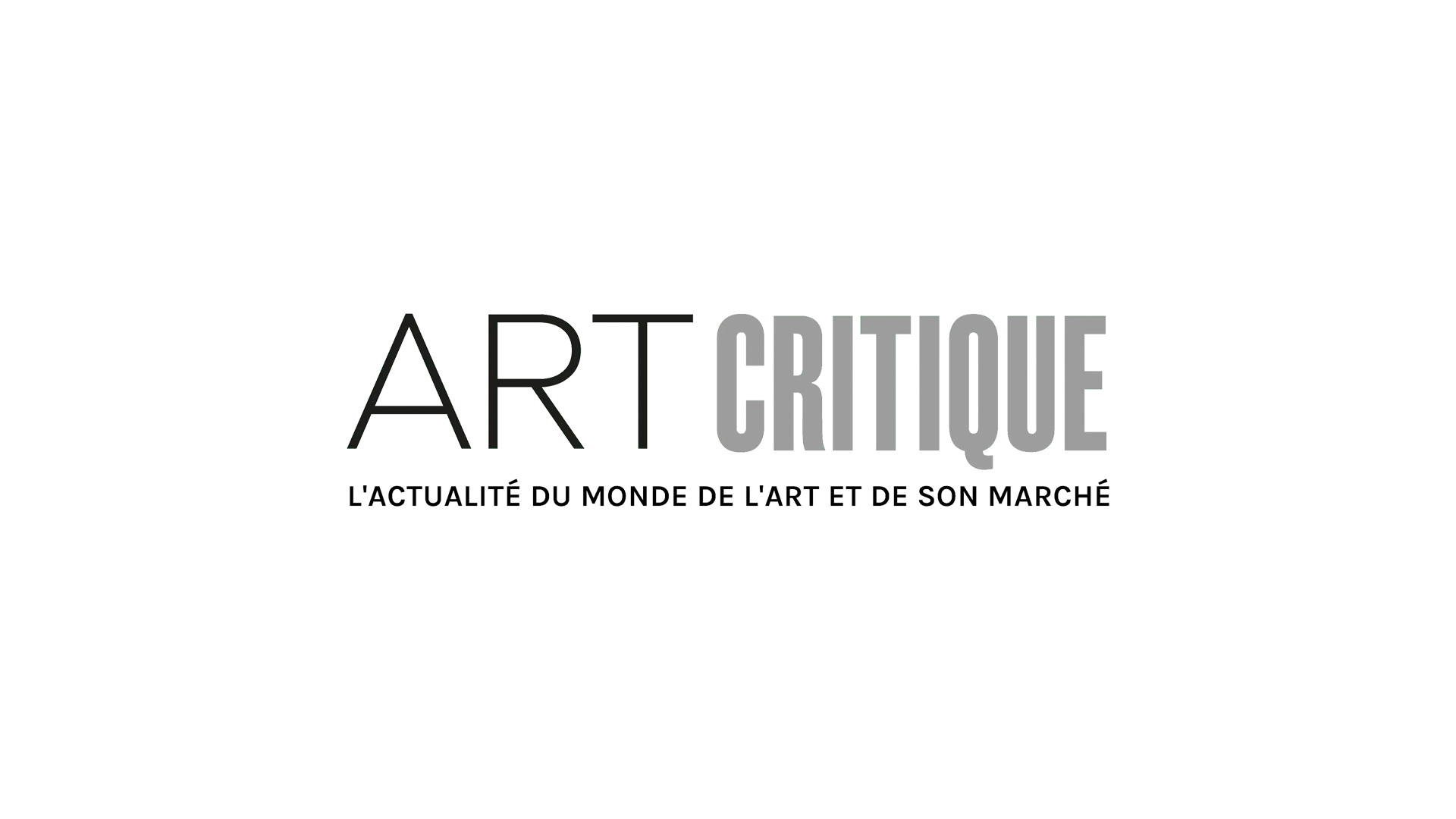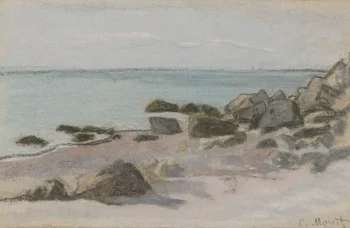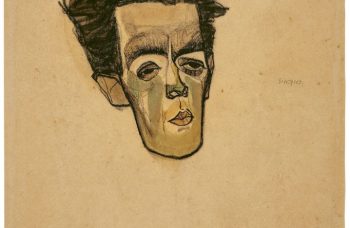It was announced by Washington D.C.’s Museum of the Bible on 22 October 2018 that five of their Dead Sea Scrolls fragments are, in fact, modern forgeries. Following the suspicions of Trinity Western University’s Kipp Davis, the Museum of the Bible requested that five of their 16 fragments be tested by Bundesanstalt für Materialforschung und -prüfung (BAM) in Germany.
Kipp has worked with the fragments sparking his initial concerns about the authenticity of the Dead Sea Scrolls pieces owned by the Museum of the Bible. In a press release made by the Museum of the Bible, Kipp stated, ‘My research has focused primarily on two aspects of Museum of the Bible’s fragments: scribal quality and technique in the penning of the texts as well as the physical composition and current state of the manuscript media.’ He added, ‘My studies to date have managed to confirm upon a preponderance of different streams of evidence the high probability that at least seven fragments in the museum’s Dead Sea Scrolls collection are modern forgeries.’
Discovered in the Qumran Caves in the West Bank by Bedouin shepherds, the 1940s discovery greatly altered the study of the bible. Mainly written in Hebrew, most of the fragments dated to the last three centuries BC to the first century AD. This revolutionized the understanding of rabbinic Judaism in which early Christianity is rooted. Over 100,000 fragments were found by the shepherds, some of which included text from the Old Testament and were 1,000 years older than any other known copy.
The forged fragments are part of the collection of Steve Green who funded the opening of the Museum of the Bible and supplied much of their artifacts. While it is not known how much Green paid for the fragments, it is reported that some fragments have sold for seven-figures. The Oklahoma-based devout Christian and founder of the US crafts supply store Hobby Lobby has made news in similar artifact-based controversies. In 2017, Green’s Hobby Lobby was fined $3 million (£2.3 million) and forced to forfeit thousands of artifacts after the US Justice Department found that they were illegally smuggled from Iraq and were bought from a dealer in 2010.
A wave of American evangelicals in recent decades interested in purchasing supposed Dead Sea Scrolls fragments is suspected to be the catalyst for an influx of fakes. In 2002, Arstein Justnes, a scholar and Dead Sea Scrolls expert from Agder University College in Kristiansand, Norway, cited that bible fragments on the market jumped from roughly 25% to 86%. This suggests the demand for such objects sparked the onset of a large number of forgeries entering the market.
Provenance is difficult to vet for items like these fragments making extra room for fakes and the Museum of the Bible does not shy away from acknowledging this. Dr. Jeffry Kloha, chief curatorial officer for the Museum of the Bible, stated:
‘Though we had hoped the testing would render different results, this is an opportunity to educate the public on the importance of verifying the authenticity of rare biblical artifacts, the elaborate testing process undertaken and our commitment to transparency.’
Thus, in hopes of evading faked fragments, non-destructive testing methods, like those performed by BAM, will undoubtedly become more crucial for collectors who have been warned about the likelihood for forgeries.





